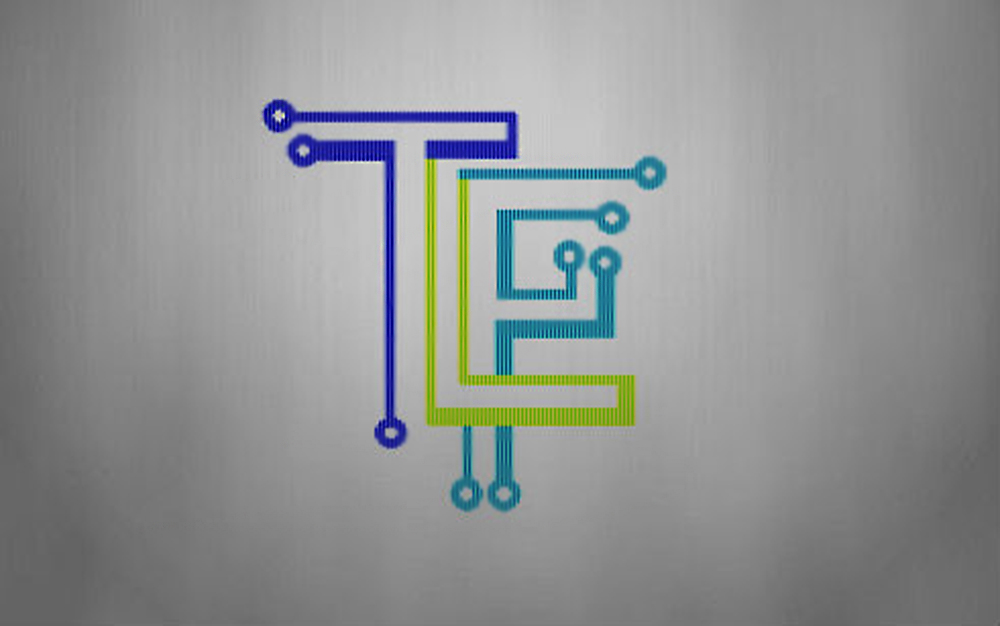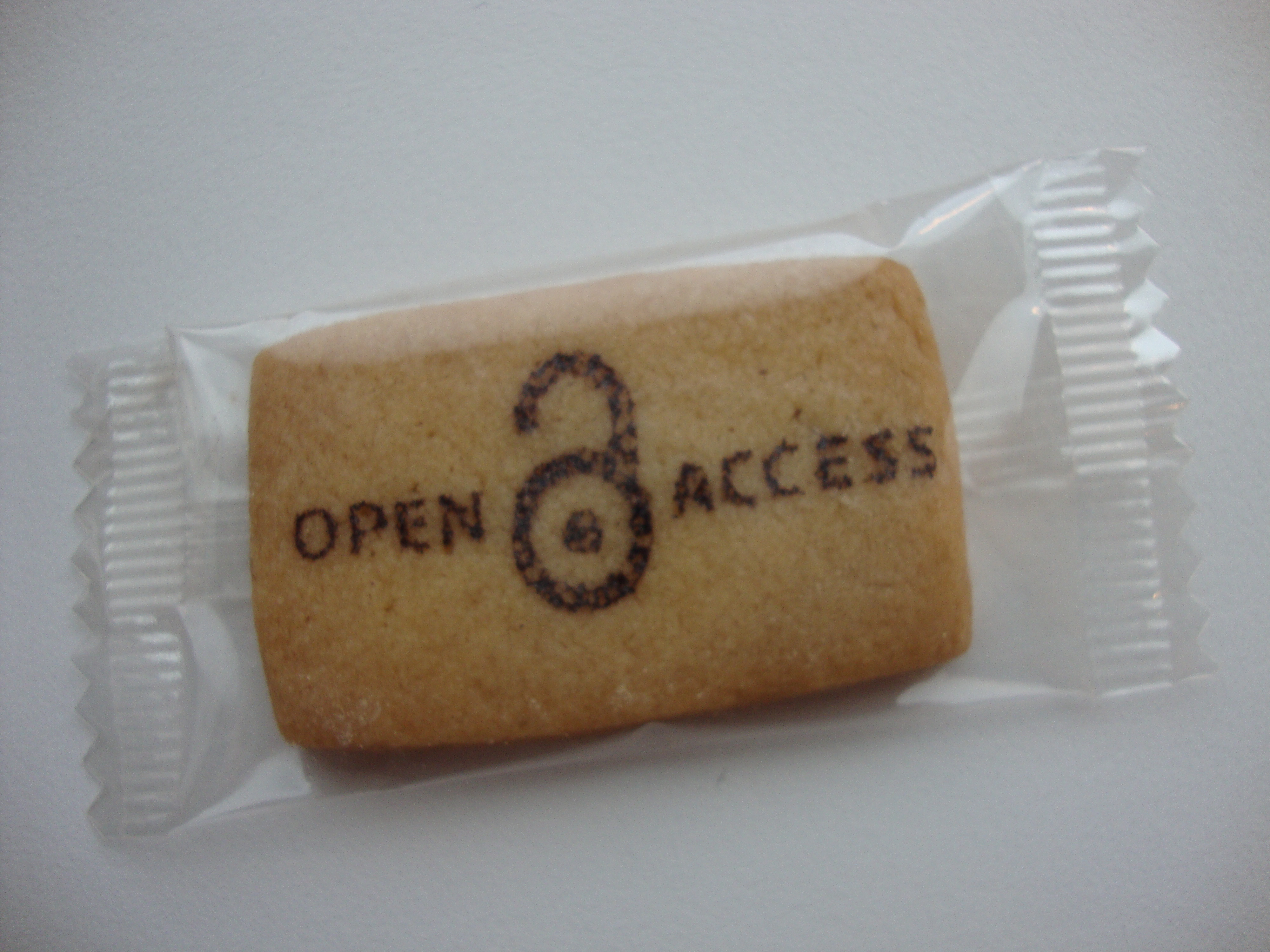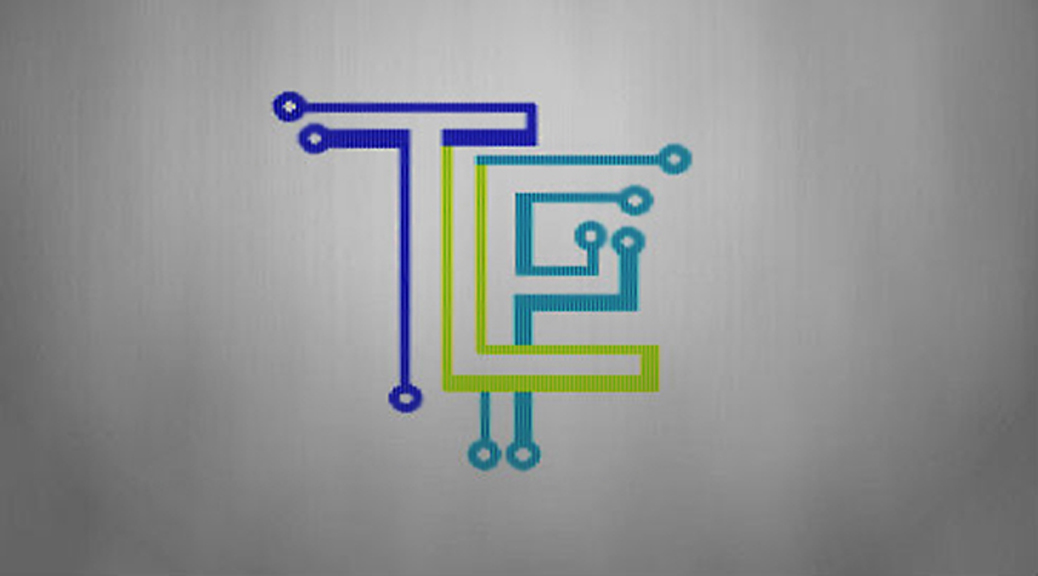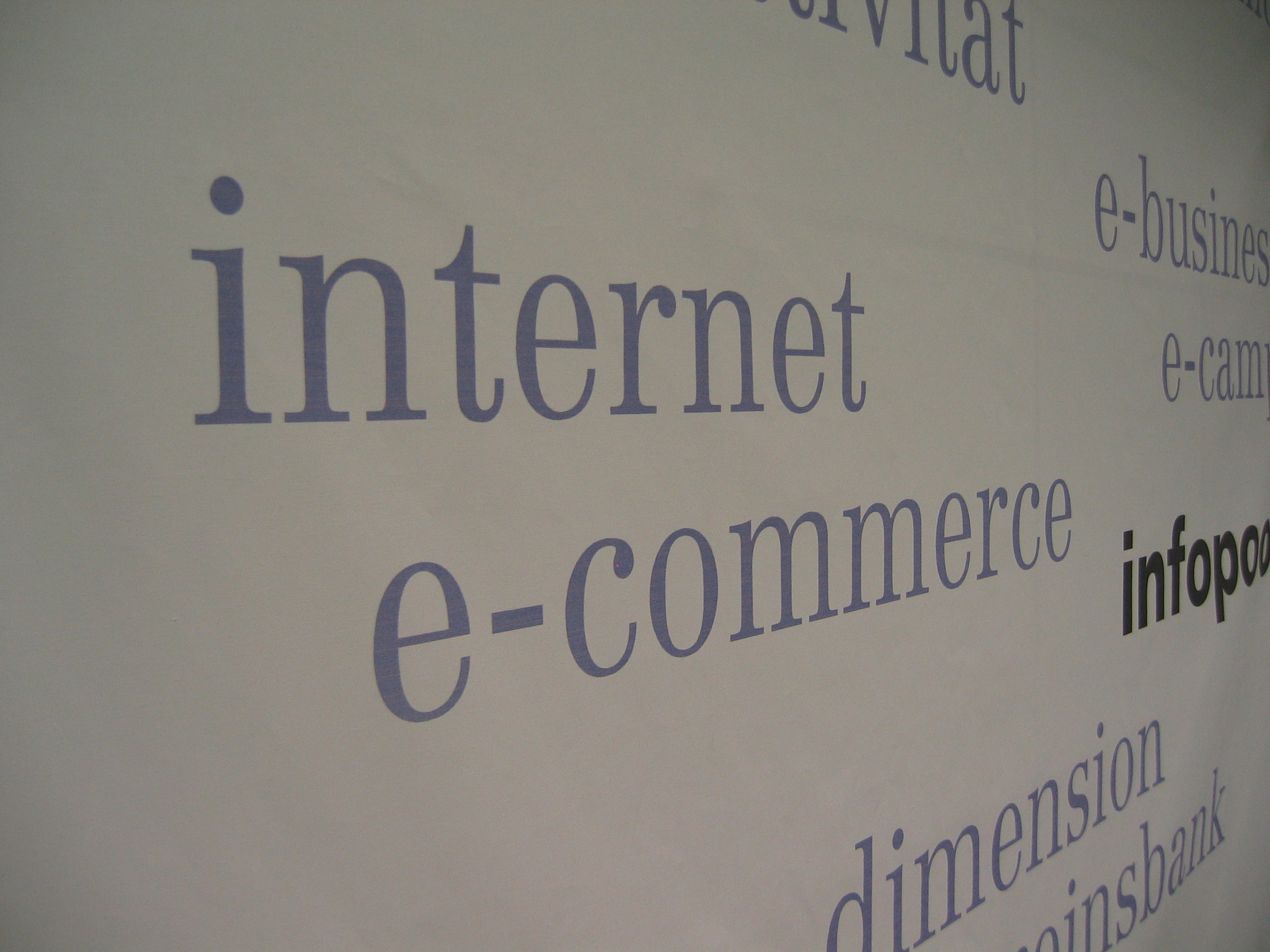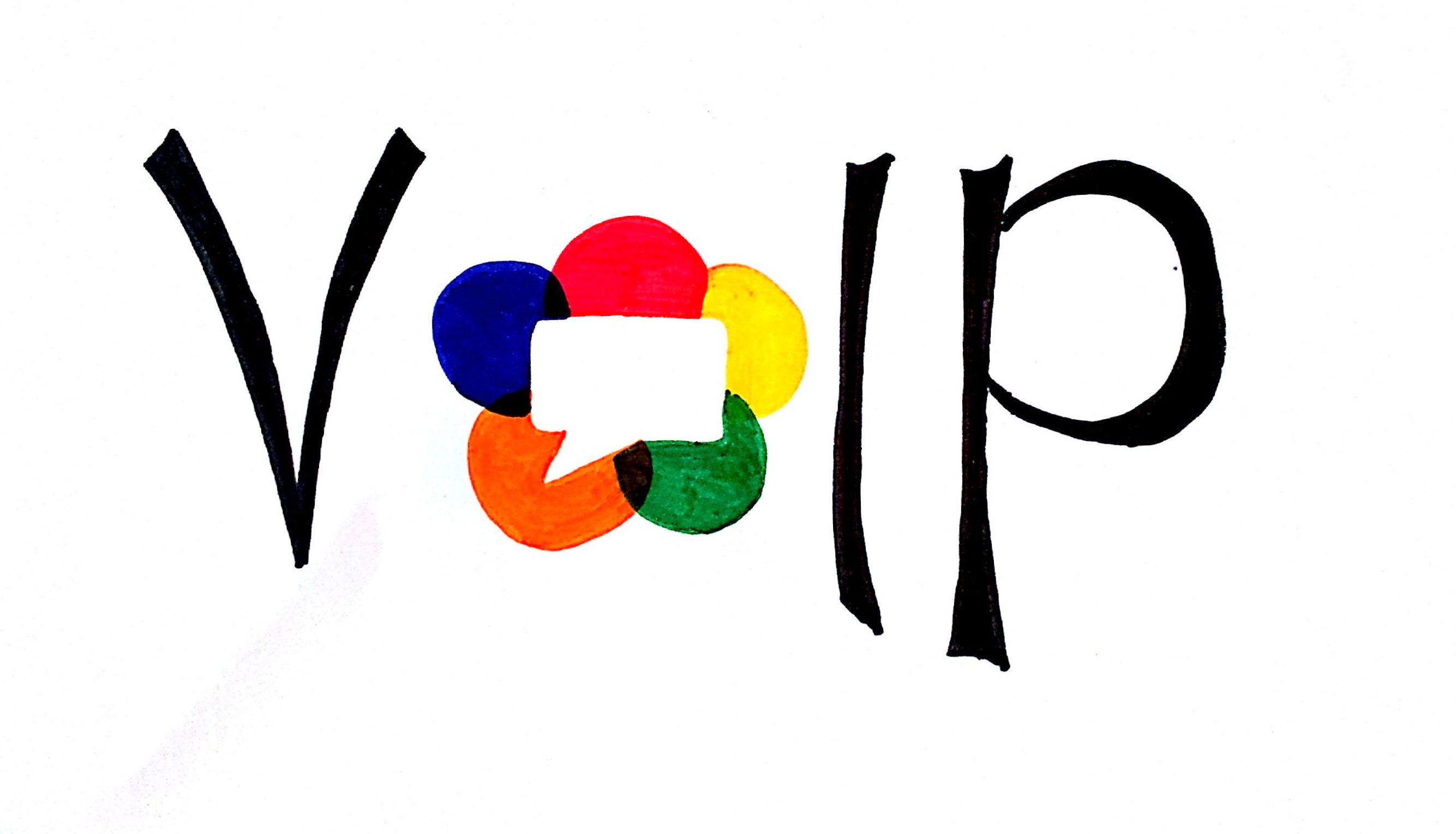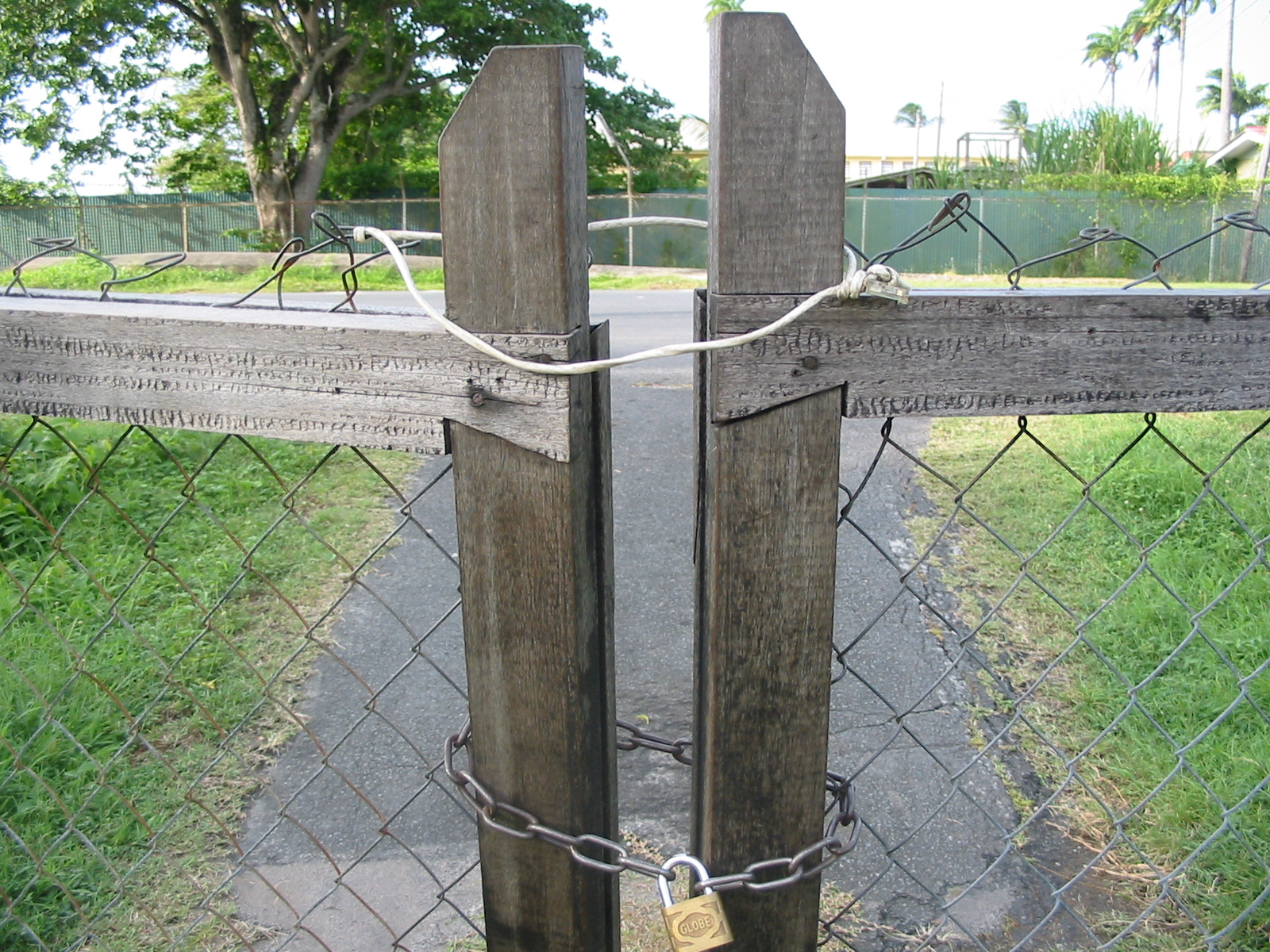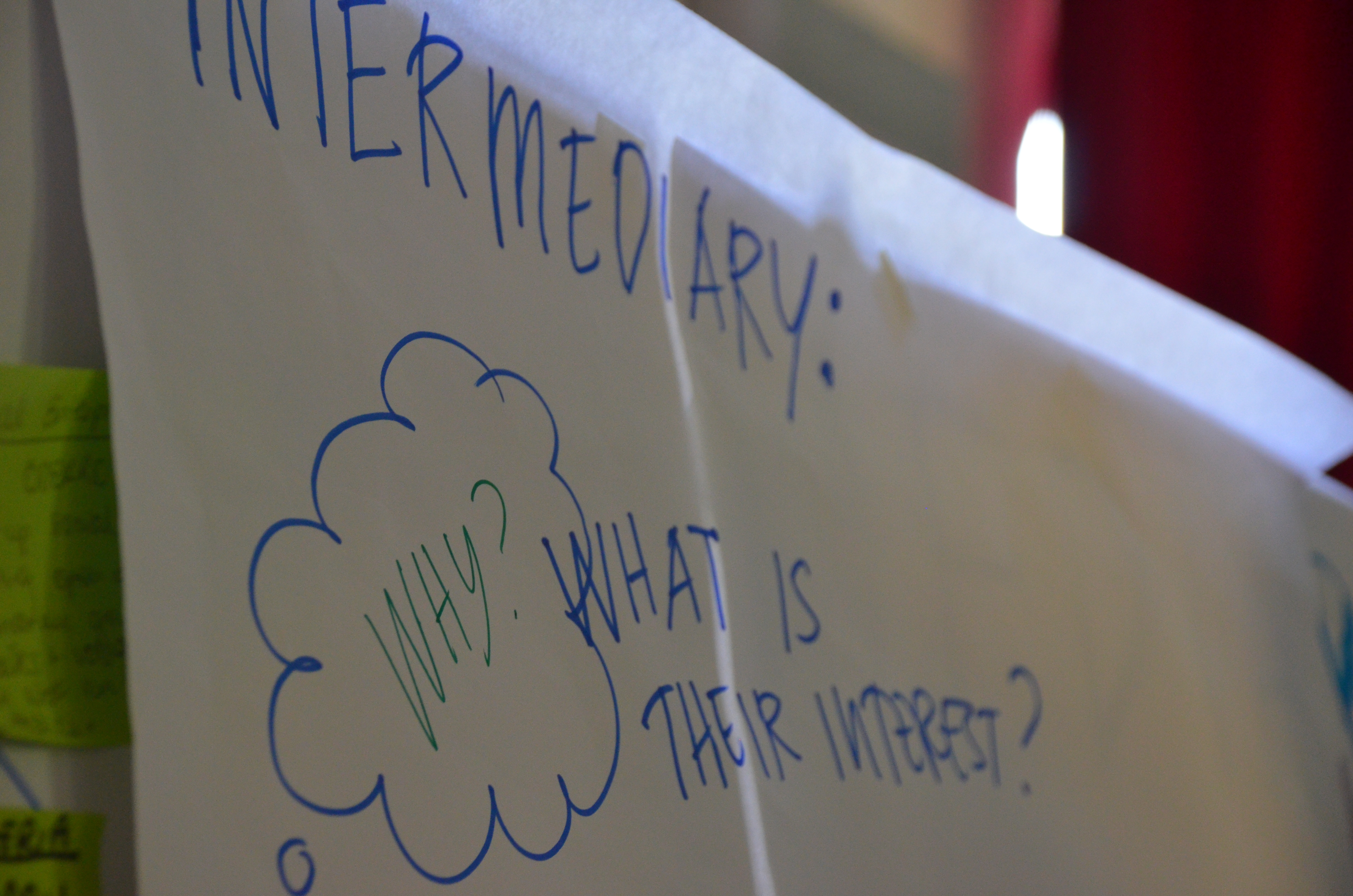(Image Source: https://flic.kr/p/igPaVp) This is the first in a two-part post on the National Privacy Principles(NPPs). This post provides with a bit of background, and then deals with Principles One through Four, while the next will deal with Principles Five through Nine. Footnotes are especially important. Disclaimers: The first post is a bit on the longer…
Author: Kartik Chawla
Battling Goliath: An Analysis of the National Privacy Principles (Part II: Principles Five to Nine)
(Image Source: https://flic.kr/p/igPaVp) This is the second in a two-part post on the National Privacy Principles. This post deals with Principles Five through Nine. Footnotes are especially important. Disclaimers: I have taken a bit of artistic license with these two posts, so do allow for that. Feedback, comments, recommendations, are welcome. Following up on the previous post,…
Editors' Picks (09/11/2014)
1. Google’s New Open Source Privacy Effort Looks Back to the ’60s, by Elizabeth Dwoskin, Wall Street Journal Blogs – Digits. 2. Global Web Crackdown Arrests 17, Seizes Hundreds Of Dark Net Domains, by Andy Greenberg, Wired. 3. India Plans to Deal with Malicious Cyber-activities With New National Cyber Coordination Center, by Radu Tyrsina, Technology Personalized. 4. Facebook sees a 24% increase…
Public.Resource.Org and others petition Bureau of Indian Standards for Open Access
(Image Source https://flic.kr/p/aCWXFf) Public.Resource.Org along with other civil liberties advocates in India and Abroad has filed a petition with the Bureau of Indian Standards asking it to make its standards publicly available for free online. The petition is an commendable and crucial step forward for the right to information. The supporters of the petition include Carl Malamud, the…
Editors' Picks (26/10/14)
1. A Fox on a Fishing Expedition, by Saikat Datta, Outlook 2. Surveillance Self-Defense Toolkit, by the Electronic Frontier Foundation. 3. Bitcoin Regulation in Japan, by Kevin Cruz, Bitcoin Magazine. 4. Hungary Wants to Tax Internet Data Transfers, Colin Lecher, The Verge. 5. BBC to publish ‘Right to be Forgotten’ removals list, Dave Lee, BBC. (Video Link):…
DHC on Jurisdiction in E-Commerce: WWE v. M/S. Reshma Collection
(Image Source: https://flic.kr/p/KcswR) In a judgement dated 15th October 2014, the Delhi High Court has decreed, in the case of World Wrestling Entertainment, Inc. v. M/S Reshma Collection, that if you buy an item in Delhi through online retail, Delhi courts have the jurisdiction to hear disputes in relation to your shopping. This post analyses…
Microsoft Toes The Line, Cuts Skype Local Landline/Mobile Calls within India
(Image Source: https://flic.kr/p/cPfdNw) Skype has recently taken the decision to end support for calls to local mobile and landline numbers from its VoIP service, effective from November 10 this year. The Skype support page notes that its decision only applies to calls made within India; users outside Indian borders can continue to call numbers in…
Facebook, 'Internet.org' and the Ignored Questions of Civil Liberties
(Image Source: https://flic.kr/p/4W8mW) Earlier yesterday, Facebook founder Mark Zuckerberg met with the Indian Prime Minister Narendra Modi and Minister of Communications and Information Technology Ravi Shankar Prasad (who curiously also holds the Ministry of Law and Justice portfolio). The Facebook CEO was in New Delhi on the 9th and 10th of October for the Internet.org…
Intermediary Liability – An Explanation
(Image Source: https://flic.kr/p/o9EcaJ) Definitions and Explanations – the Concept of ‘Incentives’ An intermediary is an internet-based service provider, which provides its users with a platform to upload all and any types of content, ranging from text to videos. Some of the more popular examples of intermediaries would be Facebook, YouTube, Twitter, WordPress and Blogspot. The…
Editor's Picks (5/10/14)
1. The Darkest Net, by Patrick Howell O’Niell, Daily Dot. 2. The Elon Musk Interview on Mars, by Ross Andersen, Aeon. 3. Will PayPal spinning off as an Independent public company help them?, by Vikas SN, MediaNama. 4. Confessionals in the Palm of Your Hand, by Rachel Metz, MIT Technology Review.

